What Is AI SEO? How Artificial Intelligence Is Transforming Search Optimization
- October 27, 2025
- AI SEO
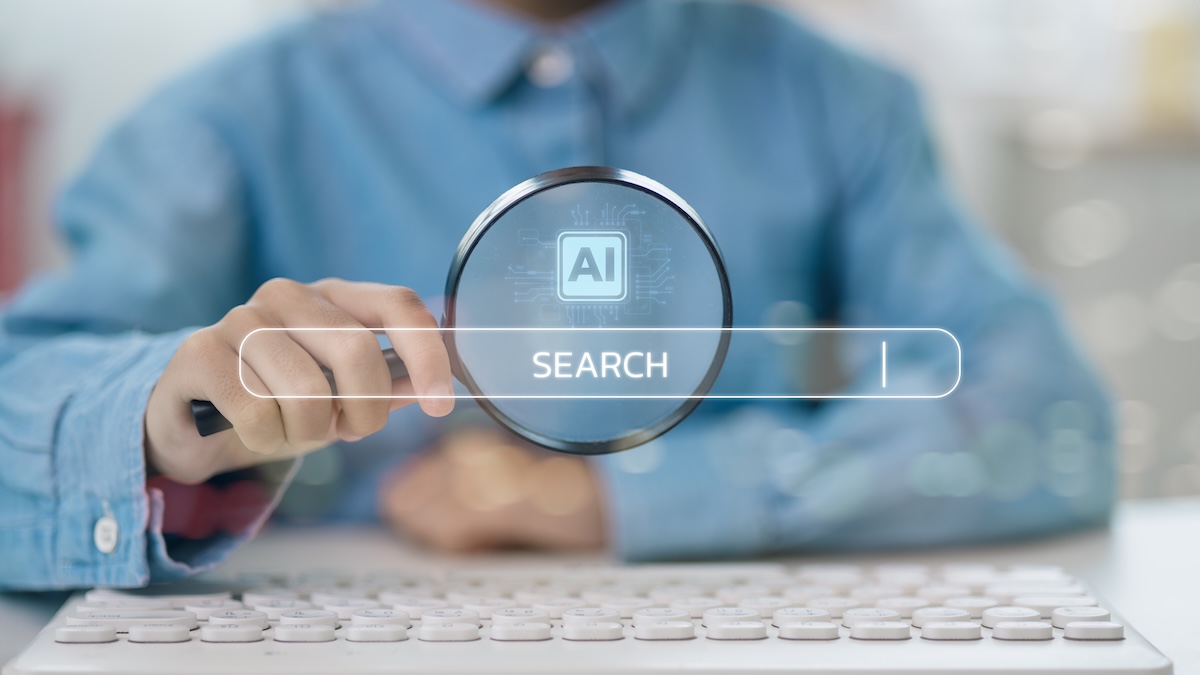
Artificial intelligence has fundamentally reshaped how search engines interpret meaning, assess quality, and deliver results.
AI SEO is the practice of optimizing for understanding—not just for keywords—so your content connects with both human audiences and intelligent systems.
Key Takeaways
- AI SEO merges data analysis, machine learning, and natural language processing to improve online visibility.
- Success now depends on semantic depth, entity relationships, and intent alignment, not keyword repetition.
- Human expertise defines tone, credibility, and strategic direction—AI amplifies efficiency.
- AI tools speed up audits, keyword clustering, and predictive analytics, allowing faster decision-making.
- The most effective SEO strategies combine automation with authentic human insight.
Understanding AI SEO
What Exactly Is AI SEO?
AI SEO uses artificial intelligence to help websites communicate meaning to modern search engines that process language like people do.
Rather than chasing keywords, I focus on how algorithms interpret context, entities, and purpose.
When I optimize for AI, I ensure every piece of content is understandable to both humans and machines.
For instance, in an article about AI content strategy, I reference related concepts such as semantic search, machine learning models, and Google’s Knowledge Graph.
That interlinked context tells algorithms—and readers—that the topic is complete and credible.
AI SEO isn’t about manipulating algorithms.
It’s about teaching them what your expertise represents through clarity, structure, and factual accuracy.
How Does AI Understand and Rank Content?
Search engines use machine learning (ML) and natural language processing (NLP) to determine meaning and relevance. They evaluate:
- Entities: Who or what the content is about
- Context: How topics relate within the document
- Intent: What users expect when they search
Structured data provides a roadmap for these systems.
By embedding schema types such as Article, FAQPage, or HowTo, I help search engines interpret the content’s intent instantly.
That clarity improves visibility in AI Overviews, featured snippets, and knowledge panels.
Strategic Impact of AI on Modern SEO
What Does AI Mean for SEO Professionals?
AI has completely changed the SEO workflow.
Instead of manually sorting spreadsheets or performing repetitive audits, I rely on AI to process data—then use human judgment to apply insights.
For example, AI-based clustering helps organize thousands of keywords by intent and context in minutes.
This insight drives editorial planning and enables brands to own entire topic clusters—something once achievable only with huge teams.
Still, algorithms can’t interpret tone, emotion, or brand storytelling.
AI accelerates efficiency, but experience drives resonance.
Is AI SEO Worth the Investment?
Yes—when guided by strategy.
In 2024, I worked with a SaaS client that applied AI for on-page optimization.
Within 90 days, organic clicks increased by 38%, largely because AI identified under-optimized semantic relationships hidden in the content.
That level of insight is nearly impossible manually.
However, I follow a simple rule: automate 30%—think 70%.
AI manages audits, linking, and predictive analytics; humans ensure truth, relevance, and trust.

Applying AI in Practice
What Are the Best AI Tools for SEO Today?
Each AI SEO tool serves a unique purpose in the optimization process:
Content Optimization
- Surfer SEO and Clearscope analyze NLP patterns for better on-page optimization.
- MarketMuse measures topical depth and suggests supporting entities.
Automation and Audits
- Alli AI automates internal linking and meta improvements.
- Screaming Frog AI Mode flags crawl or structure issues in seconds.
Content Ideation
- Jasper and ChatGPT (with SEO plugins) assist in topic outlines and meta creation.
- http://copy.ai fine-tunes tone and phrasing for brand consistency.
Predictive Analysis
- Semrush AI Insights and Ahrefs Content Gap 2.0 reveal early trend movements before competitors act.
Choosing the right mix depends on your goals—content velocity, technical health, or search forecasting.
How Can You Integrate AI into Your SEO Workflow?
Here’s the process I use with clients:
- Audit content with NLP tools to find semantic gaps.
- Cluster keywords by intent—informational, commercial, or navigational.
- Enrich with related entities and synonyms for stronger topical context.
- Predict new opportunities through AI trend modeling.
- Automate internal link audits, metadata checks, and schema updates.
The purpose isn’t replacing human SEOs—it’s empowering them with structured intelligence.
The Technical Foundations of AI SEO
How Does Machine Learning Enhance Optimization?
Machine learning evaluates millions of signals—click behavior, dwell time, scroll depth—to predict which pages best satisfy users.
These behavioral metrics now influence rankings nearly as much as backlinks.
Practically, ML helps identify:
- Content formats that perform best for specific intents
- Search trends based on early engagement patterns
- Ranking correlations invisible to manual analysis
This turns SEO from reactive to proactive—driven by prediction, not guesswork.
How Does Structured Data Improve AI Understanding?
Structured data bridges your expertise with machine comprehension.
Use schema types like:
- FAQPage – surfaces your answers in People Also Ask and AI summaries
- HowTo – clarifies steps for visual or voice search
- Organization – verifies business information for brand trust
- Article – connects authorship, publisher, and publication date
When I added structured data to a blog series in 2025, impressions in Google’s AI Overview nearly doubled.
Search engines reward transparency and structure.
The Future of AI SEO
How Will Generative AI Change Search Behavior?
Generative AI platforms such as Google SGE and Bing Copilot summarize answers instead of showing long result lists.
Your content’s visibility now depends on whether it contributes clearly to those summaries.
Optimized content for AI includes:
- Short, factual sentences
- Defined sections and headings
- Structured data that highlights expertise and sources
Think of AI as your new reader:
If it understands your message easily, it will recommend you widely.
Will AI Replace Human SEO Experts?
Not a chance.
AI executes tasks; humans create trust.
Algorithms can process data, but they can’t replicate experience, judgment, or storytelling.
When I worked with a multinational client, AI modeled thousands of ranking scenarios, but the strategy that resonated came from understanding audience behavior—something only human marketers can interpret.
Authenticity and experience remain the ultimate ranking signals.
Conclusion — The Human–AI Partnership in SEO
AI SEO is where intelligence meets expertise.
Technology amplifies reach, but credibility builds authority.\
While search algorithms evolve, the foundation stays constant: authentic, structured, meaningful communication.
Those who blend human insight with machine precision won’t just adapt to AI—they’ll define the future of organic growth.
What is AI SEO?
AI SEO uses artificial intelligence to help search engines understand your content’s meaning, intent, and entities. It goes beyond keywords by focusing on semantic relevance, context, and structured data to improve visibility in AI-powered search results.
How does AI improve SEO performance?
AI enhances SEO by automating data-heavy tasks such as keyword clustering, content scoring, and technical audits. It also analyzes user intent, predicts trends, and recommends optimizations based on machine learning and NLP insights.
Is AI SEO better than traditional SEO?
Not better—more advanced. Traditional SEO focuses on keywords and backlinks, while AI SEO emphasizes relationships, search intent, and user experience. Combining both produces the strongest results.
Can AI create SEO-optimized content?
AI can generate outlines, meta descriptions, and draft text, but human oversight remains crucial for accuracy, creativity, and authenticity. The best content blends automation with genuine expertise and brand voice.
What AI tools are best for SEO?
Top AI SEO tools include Surfer SEO, Clearscope, and MarketMuse for on-page optimization; Alli AI and Screaming Frog for technical audits; and Semrush AI Insights for predictive analysis.
How can I make my content more AI-friendly?
Use structured data, clear section headings, concise sentences, and entity-rich language. Write naturally, include expert insights, and ensure factual accuracy—these help both humans and AI understand your expertise.
Will AI replace SEO professionals?
No. AI simplifies repetitive work, but human SEOs provide strategy, empathy, and trust. Experience and authenticity remain key ranking signals that algorithms can’t replicate.
How does structured data help AI SEO?
Structured data (schema markup) makes your content machine-readable. It tells search engines what your page represents—helping you appear in AI Overviews, featured snippets, and knowledge panels.
Ronan Mullaney is a digital strategist and AI SEO consultant with over a decade of experience helping global brands improve visibility through structured data and semantic optimization. As the founder of ROI Digital Partners, he focuses on building data-driven SEO strategies that align with how AI and modern search algorithms understand content.
About this blog
We are a digital marketing company with a focus on helping our customers achieve great results across several key areas.
Request a free quote
We offer professional SEO services that help websites increase their organic search score drastically in order to compete for the highest rankings even when it comes to highly competitive keywords.
Subscribe to our newsletter!
More from our blog
See all postsRecent Posts
- How AI Algorithms Evaluate Educational Content: 10 Ranking Factors You Need to Know (2026 Edition) November 29, 2025
- AI SEO for Education: The Complete Beginner’s Roadmap for 2026 November 29, 2025
- Top 7 SEO Mistakes Education Websites Make (and How to Fix Them) November 16, 2025


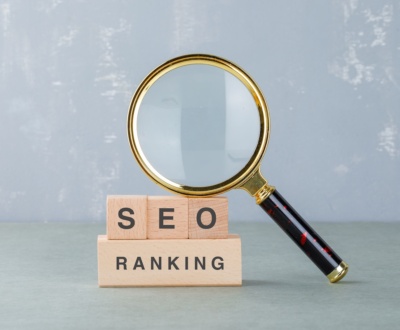


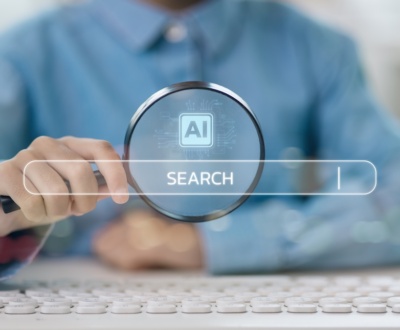

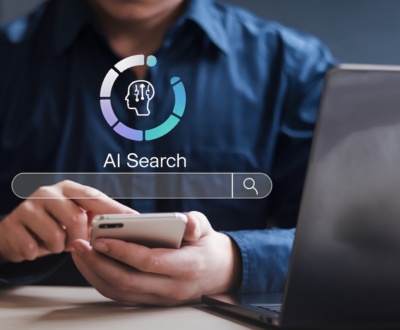
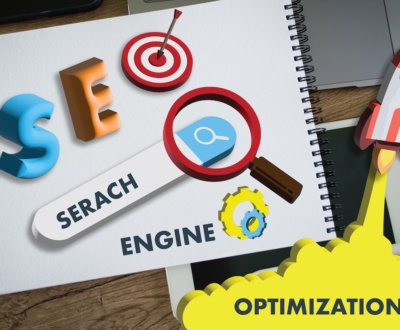
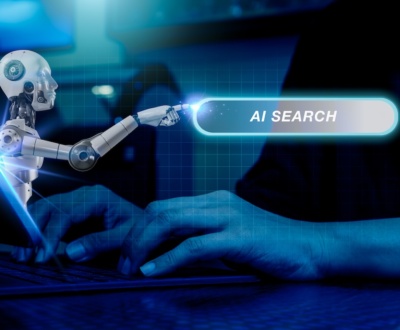

Pingback: What Is llms.txt and Why It Matters for AI SEO in 2025 - ROI Digital Agency
Pingback: AI Search Optimization Services: Boost Visibility - ROI Digital Agency
Pingback: How to Get Listed in AI-Generated Search Results - ROI Digital Agency